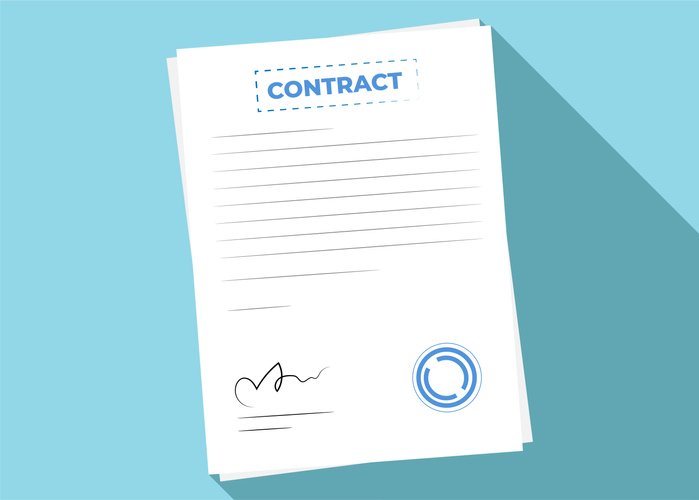Understanding the Fundamentals of Contracts: A Comprehensive Overview
A contract is a legally enforceable agreement between two or more parties that defines the terms and conditions of their relationship. For a contract to be valid, it must contain certain essential elements that ensure that the parties rights and obligations are clearly defined and that the contract can be enforced by law if necessary:
1. Offer
Commencing a contractual agreement requires an unequivocal expression of one party's intent, be it the engagement of services, procurement of a vehicle, or the acquisition of an enterprise.
2. Acceptance
In a contract, the offer put forward must be accepted in its entirety, without any changes or alterations made to it. This serves as a confirmation of mutual agreement between the two parties involved.
3. Establishing Intent
The function of a contract is to establish the intent of the parties involved to enter into a legally binding agreement. This evidence provides a clear understanding of the enforceability of the terms and helps ensure that both parties are aware of the legal consequences of their agreement.
4. Consideration
Consideration in legal terms refers to the exchange of something of value between parties, typically involving monetary compensation, in exchange for the performance or services that are promised. It is a vital element in forming a legally binding contract, and the consideration must be sufficient to support the promise made by the parties involved. This means that the consideration exchanged must have some measurable value and must be capable of being objectively evaluated.
5. Voluntary and Competent Parties
The contractual agreement mandates the parties involved to be competent and voluntary in their decision-making process. It further requires them to possess the requisite mental capacity and maturity to enter into the agreement.
Contracts can take different forms, including oral or electronic transmission. However, it is recommended to have a well-drafted written contract to ensure maximum protection and avoid disputes by providing clear terms and provisions.
The language used in contracts is typically specialized and may include various clauses, especially in complex transactions. Terms and Provisions are essential components of a contract that define these obligations and restrictions, and must be carefully considered and drafted to ensure that all parties are fully aware of their rights and responsibilities.
For businesses, it is imperative to ensure that an experienced contract lawyer thoroughly reviews contracts before signing. This is important because a contract lawyer can negotiate on your behalf to maximize protection and provide valuable guidance on the legal aspects of the agreement.
In case your organization needs in-house legal expertise, an Alternative Legal Service Provider can offer a cost-effective solution to access the required knowledge and services without incurring high legal fees. It is always advisable to seek professional assistance to protect your business interests.
Athena Innovation & Legal
If you are looking to enhance your knowledge on Contracts, we highly recommend checking out our informative blog posts. And, if you require any further assistance in drafting or reviewing a contract, we would be happy to provide you with our expert consultation services. Simply click on the provided button to schedule a consultation.
**The information provided herein is a general background of contractual, technology and intellectual property law concepts. It does not constitute legal advice, and should not be relied upon as legal advice. Athena Innovation & Legal, nor the author, make no express or implied representations or warranties in respect of the information, including but not limited to the accuracy of the information.**

